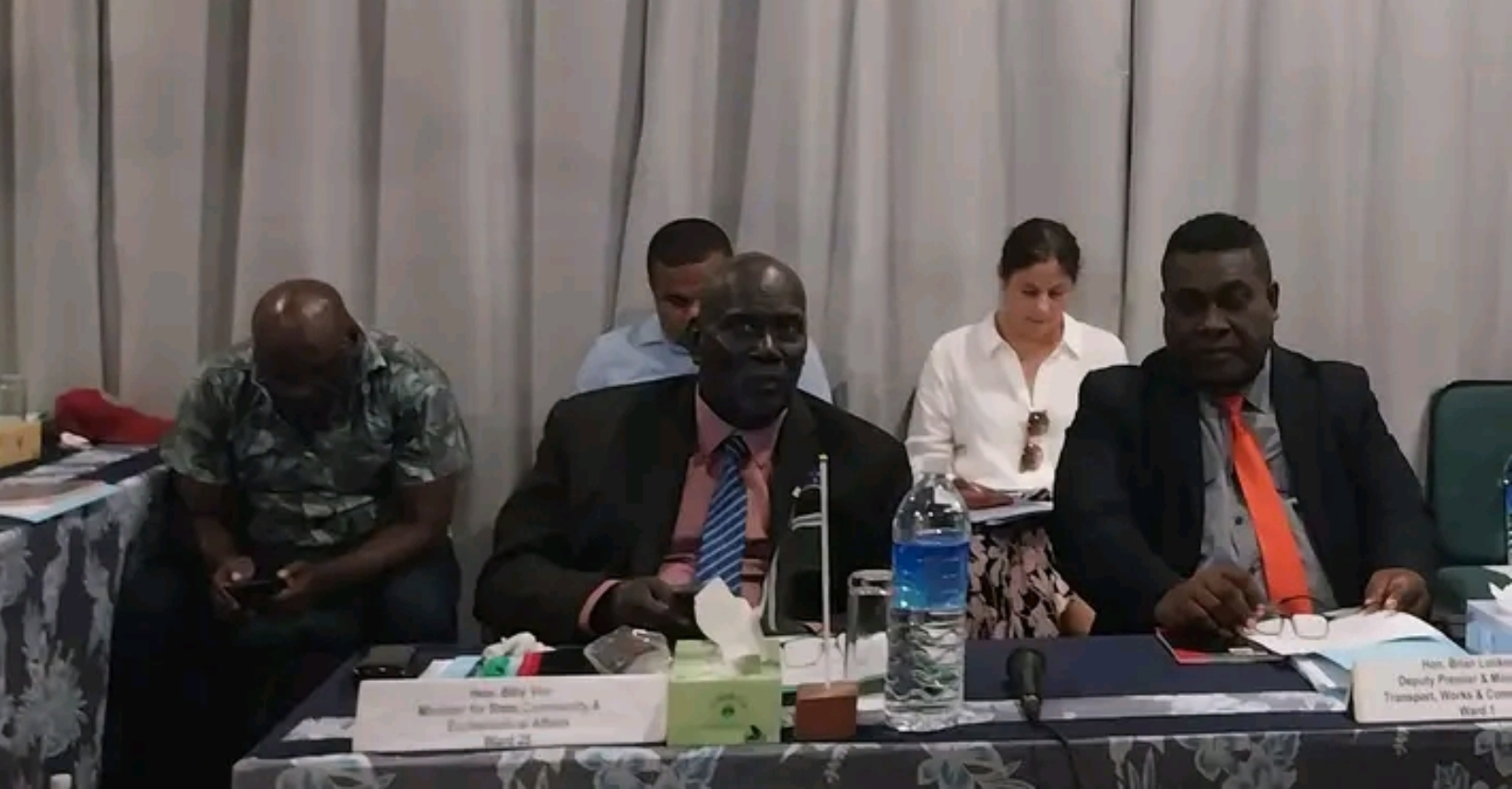BY JOHN HOUANIHAU
Parents must openly discuss sexuality with their children to protect them from harmful messages online, says Dr Koen Sevenants, United Nations International Children’s Emergency Fund (UNICEF) Mental Health and Psychosocial Support (MHPSS) consultant and Child Psychologist.
Speaking at an advanced training on Mental Health and Psychological Support (MHPSS) for Children and Families in Honiara this week, Sevenants warned that the internet and social media are now the main sources of sexual information for young people.
The training brings together provincial Mental Health Coordinator across Solomon Islands, commenced on Monday, September 22, 2025 and will end on Friday September 26, 2025.
“You know, every generation, the children have a sexual curiosity. At primary school for example, there was always somebody who brought at a certain moment a magazine and in that magazine, there were some nearly nude pictures. And children today still do that. They have a normal sexual curiosity, right? Now, where do they find information about the female or the male body today? Social media, internet. Internet is full of pornography, right?
“Today, they go online, where pornography is everywhere. Much of it is violent, disrespectful and gives boys and girls the wrong ideas about relationships,” he said.
He explained that while some schools try to introduce sex education, many parents refuse consent, fearing it will encourage sexual activity.
“What they don’t realize is that children will still look for answers online, where they may learn that violence and disrespect are normal in sexual relations,” he said.
Sevenants stressed that silence on the subject contributes to high levels of abuse.
“By not talking, boys for example may believe aggression is part of sex, while girls may feel they must accept it. That is basically what we teach them, by not being able to talk about sexuality with young people,” he said.
He encourages parents to start honest conversations with their children, even if it feels uncomfortable.
“It’s okay to admit it’s difficult. What matters is teaching respect, love, and safety. Talk about preventing sexually transmitted diseases and teenage pregnancy. These lessons should come from parents, not the internet,” Sevenants said.
For feedback, contact:[email protected]



